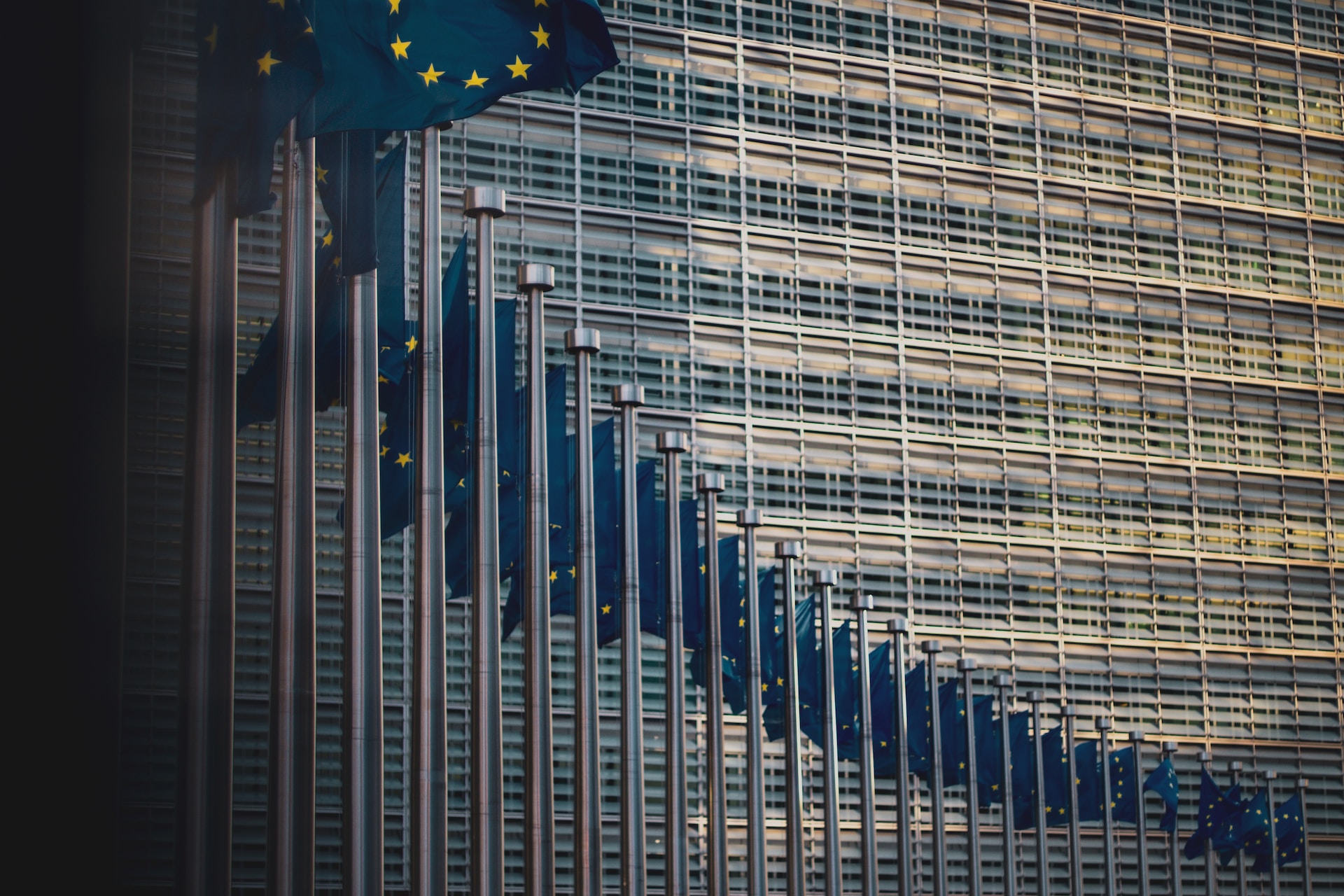In a scathing report released on Monday, the World Wildlife Fund (WWF) has spotlighted various EU policies that, it claims, are hampering the bloc’s aggressive climate targets. This unveiling comes just days before the European Commission’s anticipated publication of its own policy assessment.
Policies Under the Microscope
Among the highlighted issues is the EU’s apparent reluctance to impose a levy on aviation fuels. The WWF criticizes this omission as a glaring loophole in Europe’s climate strategy. Furthermore, the report identifies the controversial inclusion of gas and nuclear energy in the sustainable finance taxonomy—EU’s guide to green investments—as a problematic decision. Other problematic areas as per WWF include the EU’s bioenergy strategies and sections of the Common Agricultural Policy (CAP), which the organization deems inconsistent with Europe’s broader climate objectives.
A Unified Climate Approach
Michael Sicaud-Clyet, a key figure at the WWF European Policy Office, stated, “To restrict global temperature rise to 1.5°C, all EU policies must march in tandem. Currently, the EU’s strategy resembles a house insulated, but with open windows, losing its warmth.”
While WWF acknowledges the EU’s significant strides in climate action in recent times, it urges the bloc to introspect and plug potential loopholes that undermine its efforts.
The Sustainable Finance Controversy
The sustainable finance taxonomy has emerged as one of the most debated topics in EU climate policy. By earmarking gas and nuclear power plants as eligible for green investments, the Commission has drawn a barrage of criticism. While the Commission contends that these sectors can play a transitional role in Europe’s green journey, the WWF warns of the broad consequences this could engender, potentially redirecting funds from genuinely low-carbon technologies.
The gravity of the disagreement is evident, with the Commission facing a barrage of lawsuits at the European Court of Justice over the matter.
Heavy Industry and Aviation Fuel: Lost Opportunities
The report further chastises the EU for its lax stance on heavy industries, which continue to receive free emission allowances under the EU’s Emissions Trading System (ETS). As per WWF’s estimates, this policy could lead to big polluters getting a staggering €460 billion in allowances between 2021 and 2030.
The aviation fuel issue has garnered significant attention recently. Wopke Hoekstra, the EU’s newly appointed climate chief, labeled the lack of tax on aviation fuel as “the most egregious oversight” in EU policy.
Agricultural Concerns
Another major concern for the WWF is the EU’s agriculture and land-use policies. The current system incentivizes farmers to use valuable land for biofuel and biogas projects rather than for critical endeavors like carbon sequestration, solar farms, or food production. Recent studies underscore the magnitude of this misalignment: Europe allegedly uses land equivalent to the size of Ireland exclusively for bioenergy.

The EU’s landmark Common Agricultural Policy (CAP) also needs urgent reassessment, the report suggests, pointing to ongoing payments for environmentally detrimental activities, including specific types of farming.
A Climate Crossroads
The implications of the EU’s climate policies stretch far beyond environmental concerns, influencing political narratives and electoral prospects in the region. The farming community’s discontent with the EU’s green mandates has generated political shockwaves across European capitals, with some lawmakers suggesting that farmers are disproportionately impacted by these policies.
In conclusion, as the European Union stands at a pivotal juncture in its climate journey, the WWF’s report serves as a timely reminder of the need for cohesion, clarity, and consistency in its approach. Whether it’s rethinking energy classifications or reassessing land use, Europe must ensure that every policy is genuinely green if it hopes to meet its ambitious climate targets.
©globalgreenhouse.eu

